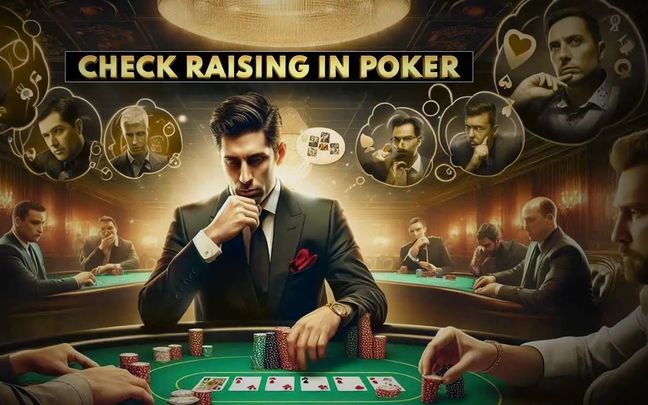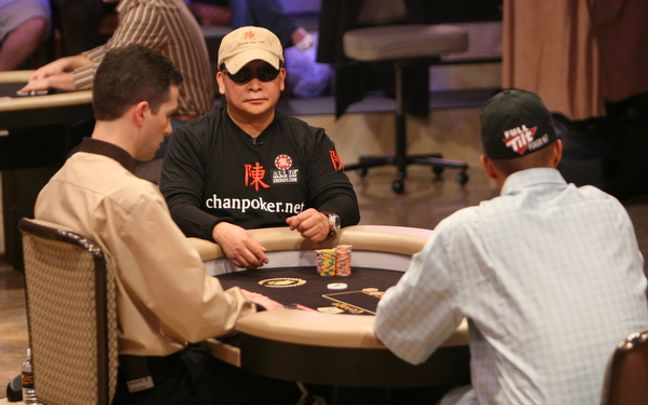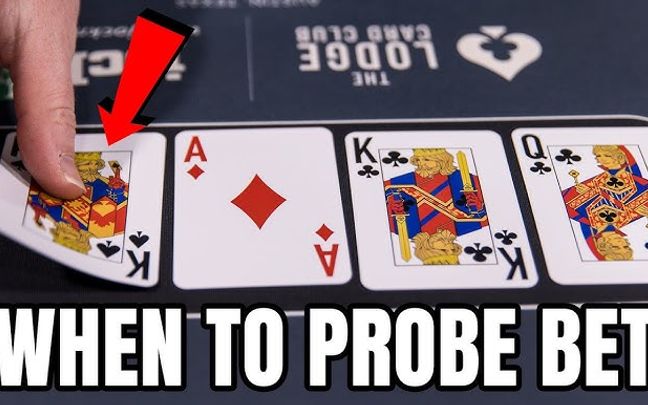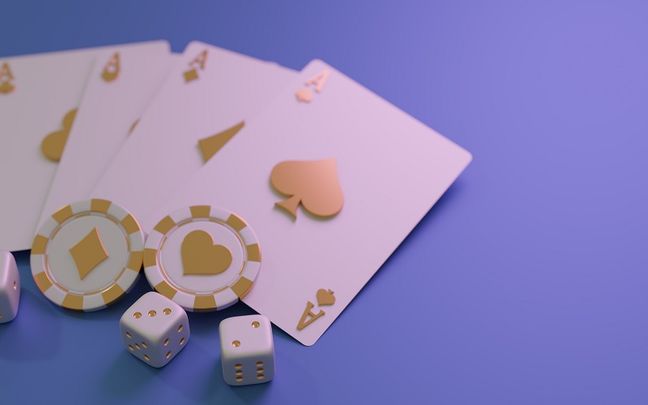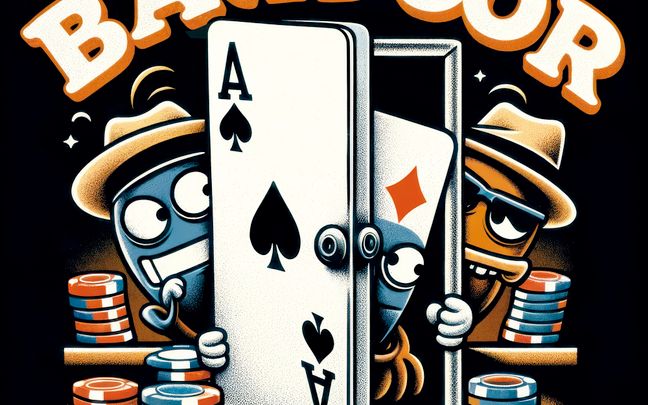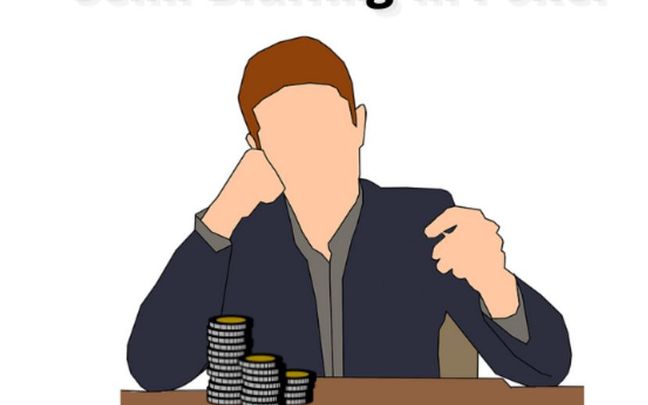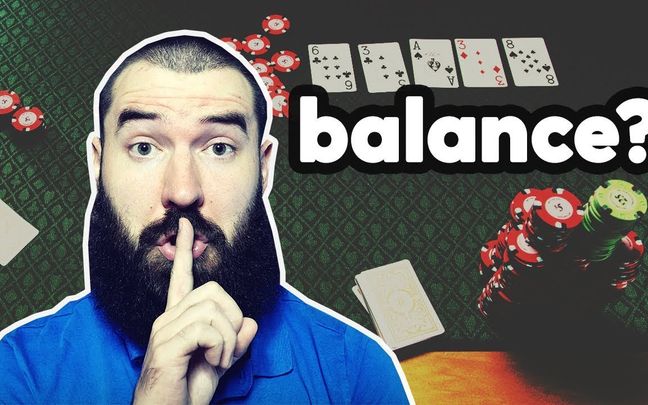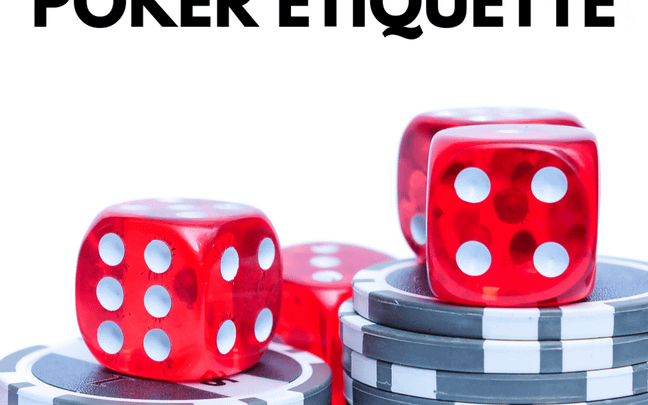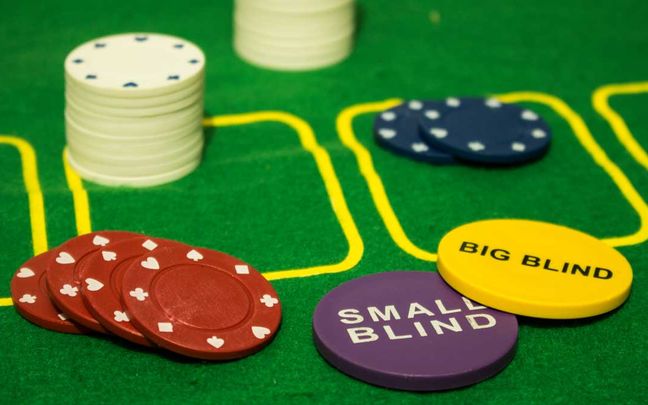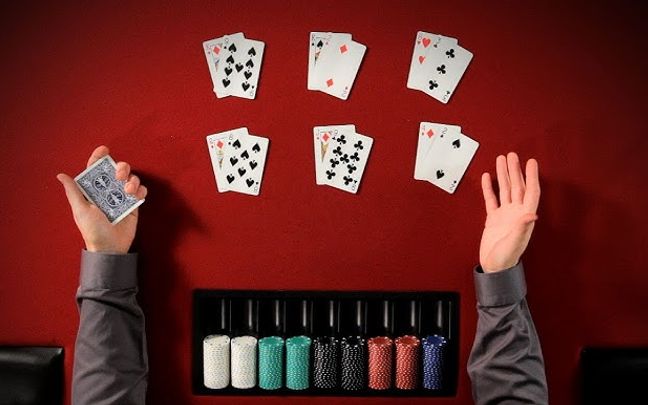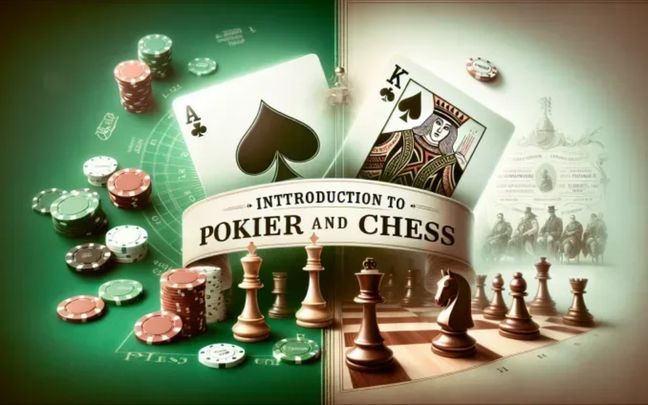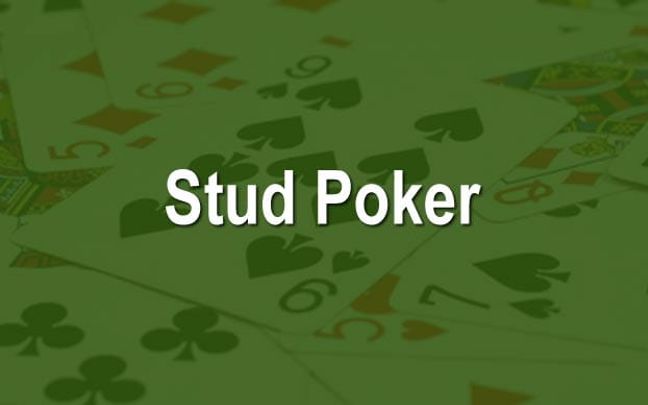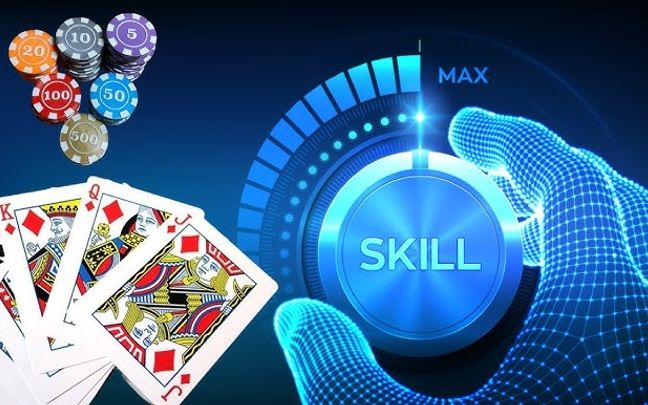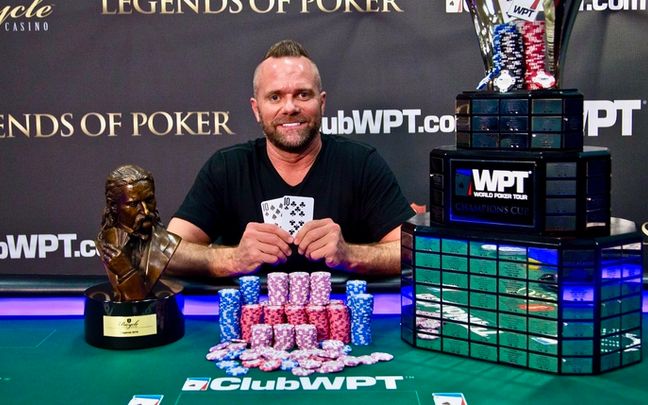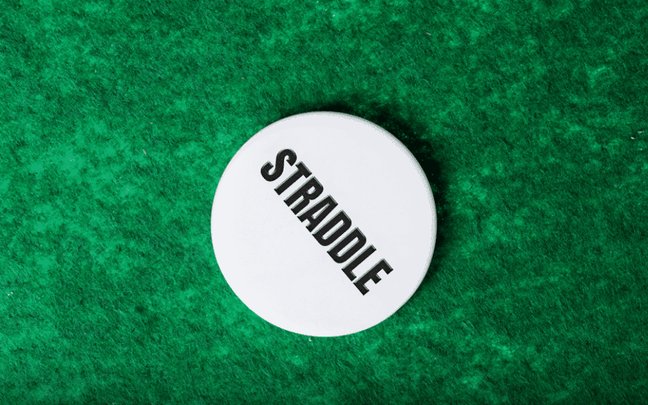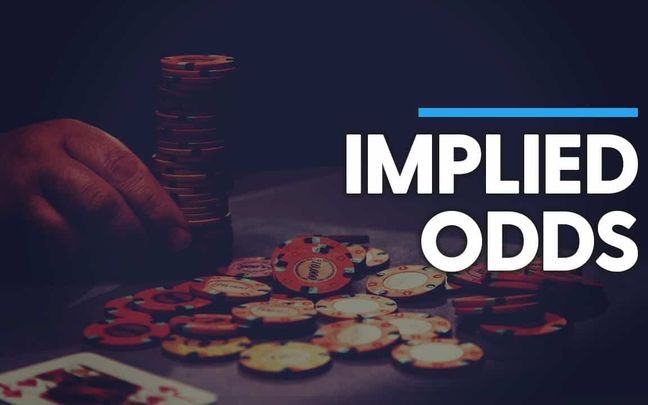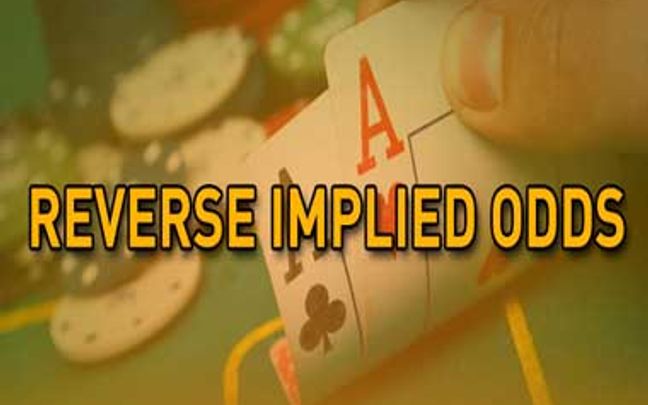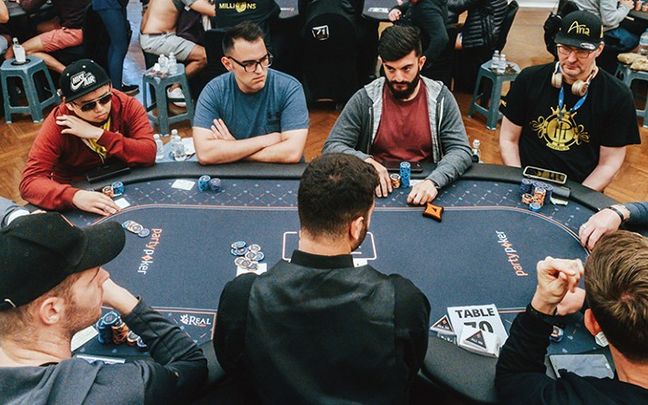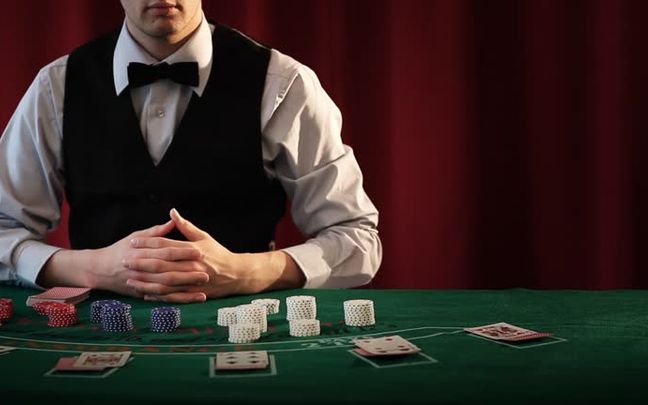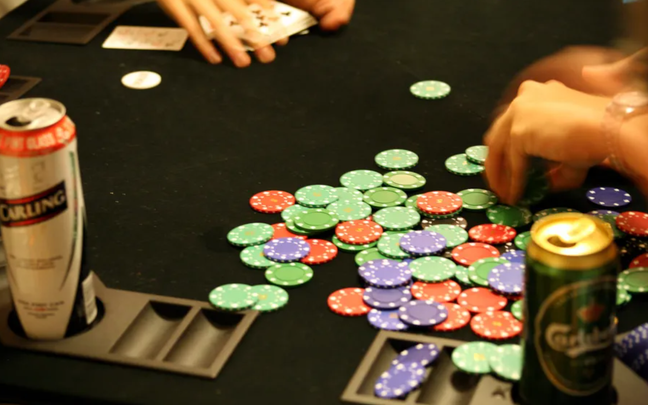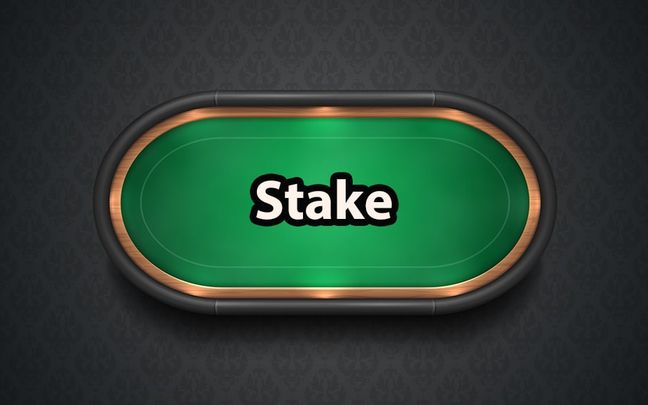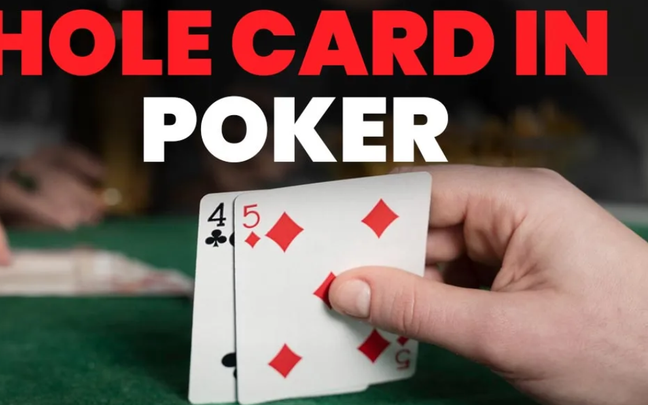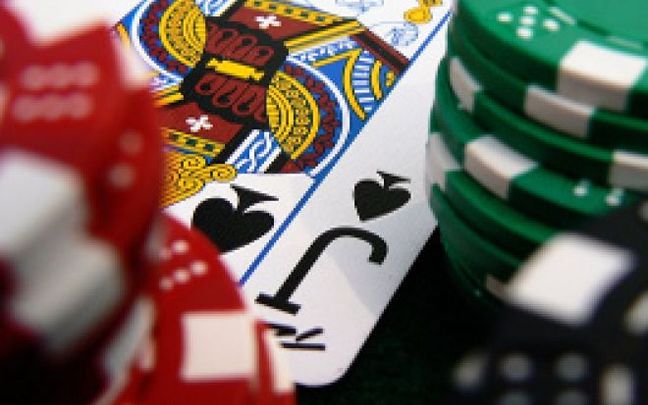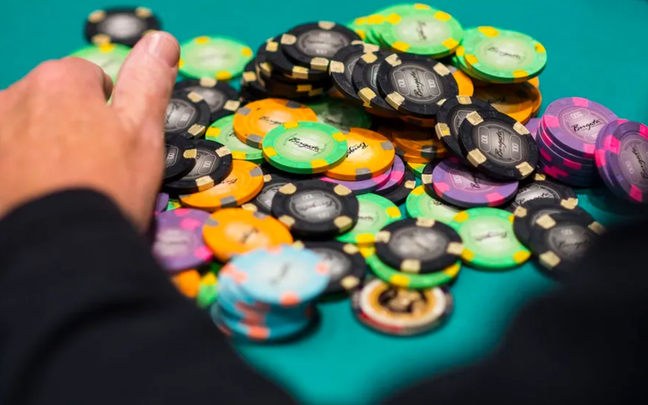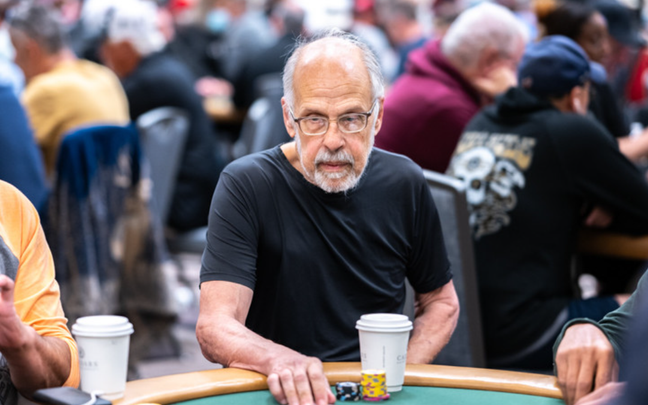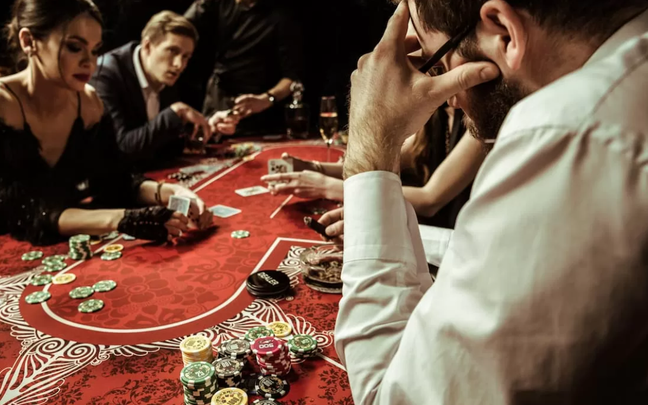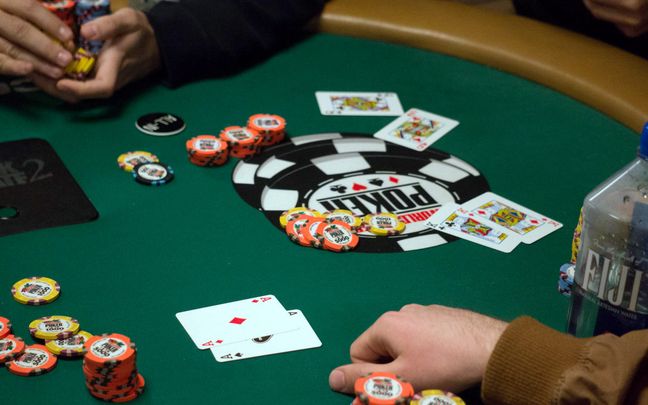Dealing in poker is a crucial skill that ensures fairness and adds professionalism to the game. From shuffling the deck to dealing hole cards and community cards, each step requires meticulousness and precision. This guide will help you understand the correct way to deal poker and how to practice this skill effectively.
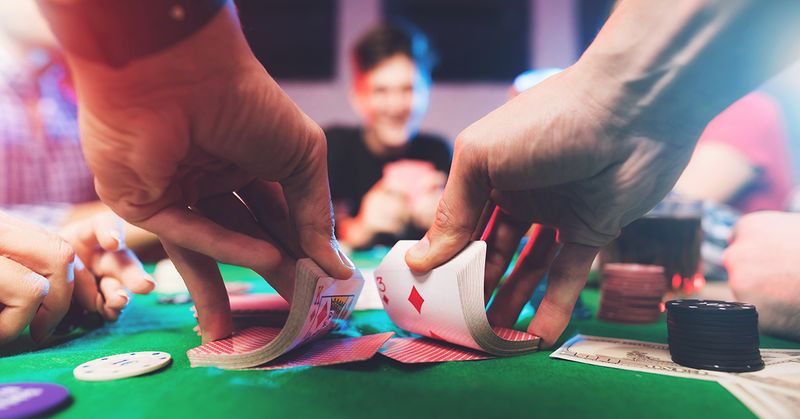
Accurate poker dealing requires concentration and speed.
Correct Poker Dealing Procedures
Dealing poker is a technique that not only requires careful attention but also adherence to strict principles to ensure the game's fairness and randomness. Here’s a detailed and complete process for the best poker dealing practices, commonly used in professional tournaments and major casinos.
Preparing the Deck
A standard 52-card deck is essential for playing poker. Before starting, ensure that the deck is complete with no missing or damaged cards. In major tournaments, decks are often replaced after each hand to ensure there are no marks or tampering that could assist players in cheating.
Shuffling
Shuffling is an important step to ensure that the cards are randomized. Here are professional shuffling methods:
-
Traditional Shuffle: The dealer will split the deck into two parts and interleave the cards from both parts together. This process is usually repeated 3 to 7 times to achieve maximum randomness.
-
Table Shuffle: Another technique involves spreading the cards on the table and mixing them together randomly by pushing the cards against each other.
-
Cutting the Deck: After shuffling, the deck is typically cut by one of the players. This player will select a position to cut and place the bottom portion of the deck on top. This is the final step to ensure randomness before dealing.
Dealing Cards
Dealing requires precision and accuracy. The dealer will follow these steps:
-
Determine the Starting Position: Typically, dealing starts with the player immediately to the left of the dealer and proceeds clockwise.
-
Deal Hole Cards: Each player receives 2 face-down cards, known as "hole cards," which only the player can see. Hole cards are dealt one at a time to each player, with the process repeated twice to ensure each player has 2 cards.
-
Deal Community Cards: Community cards consist of 5 cards dealt in 3 stages:
-
Flop: After the first betting round, the dealer deals the first 3 cards face-up in the center of the table, known as the "flop."
-
Turn: After the second betting round, an additional card is dealt face-up, called the "turn."
-
River: Finally, the fifth and last community card is dealt face-up, known as the "river."
Burn Card
To protect fairness and randomness, before dealing each set of community cards (flop, turn, river), the dealer will discard the top card of the deck face-down. This is known as the "burn card." This action helps prevent any cheating such as card marking or peeking at the next card.
Handling Special Situations
During dealing, certain special situations may arise that the dealer needs to address:
-
Dealing Mistakes: If the dealer accidentally deals too many or too few cards or exposes a player’s card, the dealing process must stop immediately, and the deck must be shuffled again from the beginning.
-
Cards Falling Off the Table: If any card falls off the table during dealing, that card is discarded, and dealing continues with the next card.
Ending the Hand
After all cards are dealt and betting rounds are complete, the hand ends with a comparison of players' hands. The strongest hand (based on the poker hand rankings) wins the game.
Dealing poker is not just a technical process but also requires professionalism and high concentration. Ensuring that each step is performed correctly will help the game run smoothly, fairly, and create a healthy competitive atmosphere for all players.
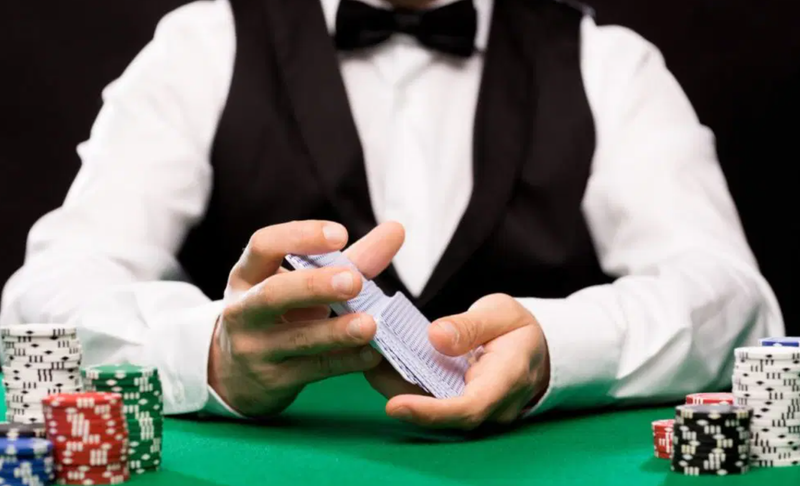
Professional poker dealing helps create a fair and high-class game.
How to Practice Accurate Poker Dealing
Practicing accurate poker dealing is crucial, especially if you want to participate in professional dealing or become a professional dealer. Here are steps and methods you can use to improve this skill.
Understand the Basic Poker Rules
First, you need to understand the basic rules of poker, including the order of betting rounds, how to deal hole cards, community cards, handling special situations like "burn cards," and dealing errors. Mastering these rules will boost your confidence in dealing.
Practice Shuffling the Deck
Shuffling is a fundamental skill that every dealer must master. Here are common shuffling methods:
-
Traditional Shuffle: Practice cutting the deck into two equal parts, then use your thumb and fingers to interleave the cards together. Repeat this process multiple times until you can do it smoothly and accurately.
-
Table Shuffle: Spread the cards out on the table and shuffle them together with your hands. Then, gather the cards back into a neat deck.
-
Machine Shuffling: If you aim to practice like in professional casinos, you might use a card shuffler. However, this is only necessary if you are aiming to become a professional dealer.
Practice Dealing the Cards
-
Start Slowly: When you begin practicing, deal the cards slowly and carefully. Ensure you deal in the correct order, starting with the player to your left and proceeding clockwise. Each player should receive 2 hole cards.
-
One-Handed Dealing: To become more professional, practice dealing cards with one hand. This not only increases speed but also helps you handle cards better in challenging situations.
-
Burn Cards: Don’t forget to practice discarding the top card (burn card) before dealing community cards (flop, turn, river). Make sure to perform this action naturally and without interrupting the dealing process.
Practice with Multiple People
-
Simulate the Game: Try dealing for a group of friends or family. This helps you get accustomed to dealing for multiple players at once, as well as practicing control over speed and accuracy.
-
Time Pressure: Once confident, practice with a time limit. Use a stopwatch and try to deal cards quickly without making mistakes.
Watch Instructional Videos and Learn from Others
-
Watch Dealing Tutorials: Many instructional videos on poker dealing are available online, where you can learn from professional dealers.
-
Take Dealing Courses: If you are serious about becoming a professional dealer, consider enrolling in a dealing course. These courses typically cover shuffling techniques, dealing methods, and handling poker situations.
Regular Practice
-
Daily Practice: Like any other skill, poker dealing requires regular practice to master. Set aside time each day to practice, from basic skills to advanced techniques.
-
Manage Stress: When dealing in a real environment, you may face pressure from players. Practicing stress management and maintaining composure is crucial to ensure smooth dealing.
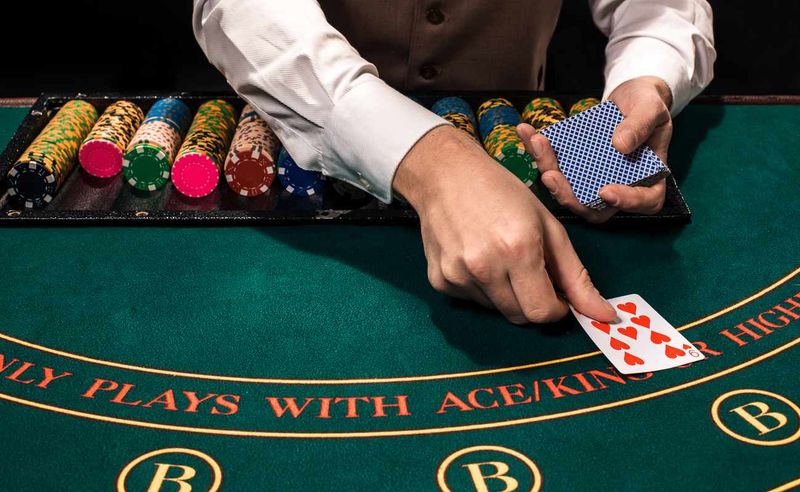
Professional poker dealing includes handling errors and mistakes.
By persistently practicing and continually improving, you will develop accurate and professional poker dealing skills suitable for all levels of play, from recreational to competitive.
